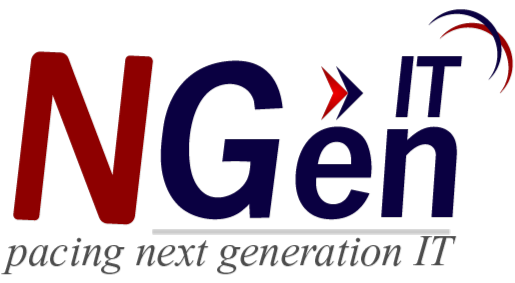The Internet of Things (IoT) has emerged as a powerful force of change within the healthcare sector, forever altering the way we approach patient care and medical management. This digital transformation, specifically within the realm of healthcare, is aptly known as the Internet of Medical Things (IoMT). In this article, we will delve into the reasons why IoMT is poised to shape the future of healthcare, ushering in a new era of enhanced patient outcomes, streamlined processes, and innovative solutions for healthcare professionals.
The Internet of Things (IoT) has emerged as a powerful force of change within the healthcare sector, forever altering the way we approach patient care and medical management. This digital transformation, specifically within the realm of healthcare, is aptly known as the Internet of Medical Things (IoMT). In this article, we will delve into the reasons why IoMT is poised to shape the future of healthcare, ushering in a new era of enhanced patient outcomes, streamlined processes, and innovative solutions for healthcare professionals.
- Improving Patient Monitoring and Care
The IoMT facilitates real-time monitoring of patients, allowing healthcare providers to collect valuable data on vital signs, medication adherence, and other critical health metrics. Wearable devices and remote sensors, for instance, can continuously transmit data to healthcare professionals, enabling them to intervene promptly in case of abnormalities. This level of proactive care not only enhances patient safety but also reduces hospital readmissions, ultimately leading to improved patient outcomes.
- Enhancing Telemedicine and Remote Consultations
Telemedicine has experienced unprecedented growth, thanks to the IoMT. Patients can now connect with healthcare providers remotely, eliminating geographical barriers and enhancing accessibility to healthcare services. IoMT-enabled telemedicine platforms offer secure communication channels and the ability to share medical data, making virtual consultations as effective as in-person visits. This has proven crucial during the COVID-19 pandemic and will continue to shape the future of healthcare delivery.
- Optimizing Healthcare Workflows
IoMT devices and systems streamline healthcare workflows by automating tasks, improving efficiency, and reducing human error. From inventory management in hospitals to the tracking of medical equipment, IoMT solutions ensure that healthcare facilities run smoothly, enabling healthcare professionals to allocate more time to patient care. This operational efficiency ultimately translates into cost savings and better resource allocation.
- Empowering Personalized Medicine
The IoMT plays a pivotal role in advancing the concept of personalized medicine. By gathering vast amounts of patient data, including genetic information, lifestyle choices, and medical history, healthcare providers can tailor treatments and interventions to individual patients. This precision approach not only enhances treatment efficacy but also reduces adverse reactions and side effects, leading to safer and more effective care.
- Strengthening Data Security and Privacy
As the IoMT relies heavily on data exchange, ensuring the security and privacy of patient information is paramount. Advanced encryption methods, secure communication protocols, and stringent data governance practices are integral to IoMT systems. By prioritizing data security and privacy, healthcare organizations can build trust with patients and maintain the integrity of healthcare systems.










